Our online store is now closed, however, click here to find out how to buy Numnuts products. Thank you for your continued support.
The Aloeburn bloodline has been breeding poll Merinos on the SRS principles for over 25 years, producing large frame, highly fertile, profitable Merinos.
Owner: Jodie & Andrew Green
Location: Boree Creek, New South Wales
Property size: 6,700 Hectares across owned and leased country
Flock Size: 6500 Breeding Ewes
Climate: Semi-arid
Rainfall: Yearly average of 450mm
Vegetation: Combination of native pastures and improved lucerne/ clover pastures. Cereals are grown and grazed when the season allows
Sheep Flock: non-mulesed Polled Merinos
Wool: 19.5 micron flock average, beautifully bold crimping, shorn 6 monthly with an average staple length of 65-70mm
Website: www.aloeburnpollmerinos.com
Brokers: www.foxandlillie.com.au
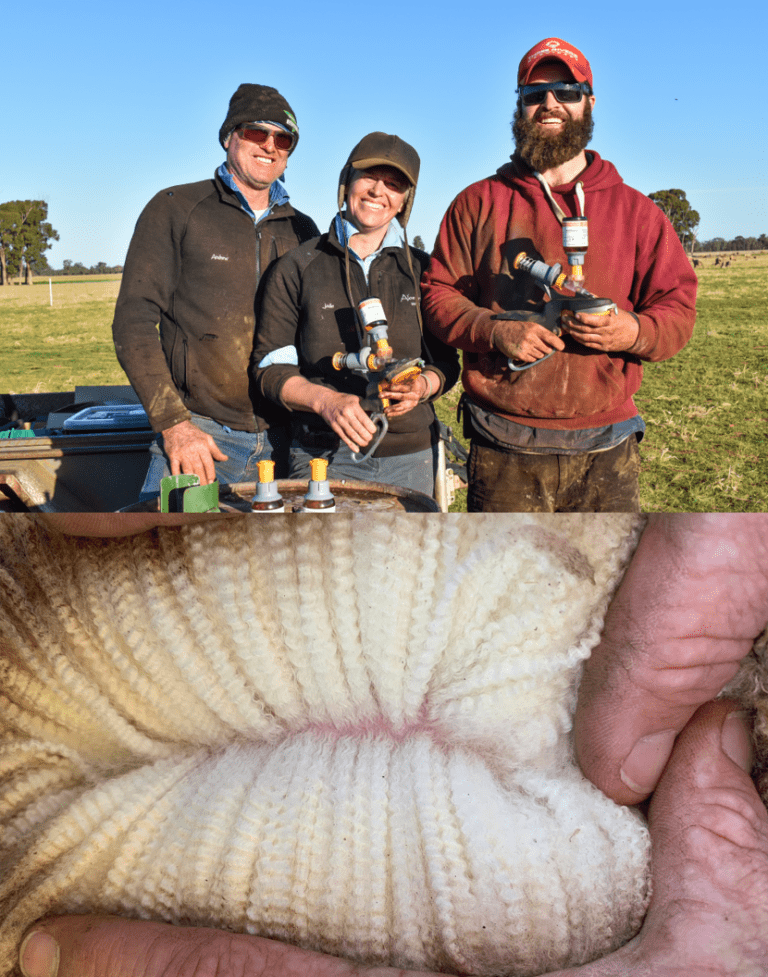
Aloeburn owners, Andrew and Jodie Green, pride themselves on providing high quality fleece and meat products while also maintaining a high quality of welfare standards.
Their journey with Numnuts started with an inquiry to their agent, which then lead to Aloeburn being a part of the Numnuts on-farm trials in 2018. Over the past few years, the Greens have trialled many versions of the Numnuts device and have worked closely with the Numnuts team to help produce the device that we all use today.
The Greens have found that by using Numnuts, that their lambs were back on their feet straight away and getting back to their dams much faster. This allowed them to move stock back to their paddock more efficiently.
Since then, the Greens have not looked back and have integrated Numnuts into their regular lamb marking routine for both their Merino stud and main flock.
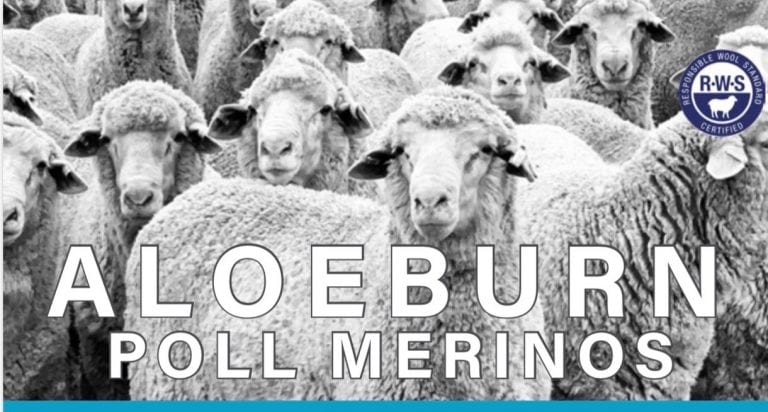
"It was the highlight of our year at Aloeburn Poll to work with the team at Numnuts. We are constantly looking to increase all aspects of animal welfare and lift the productivity of our efficient, productive Poll Merinos."
Jodie Green
Owner
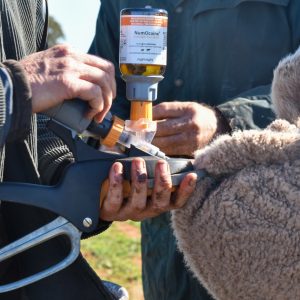
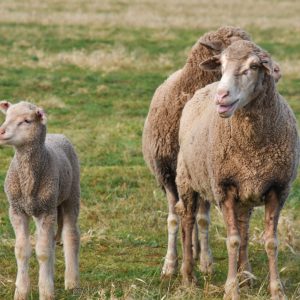
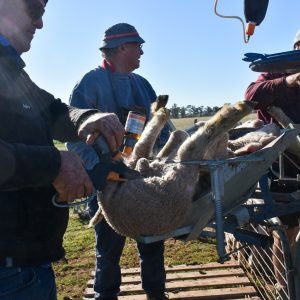
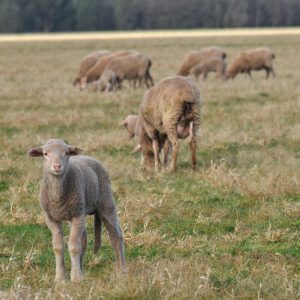
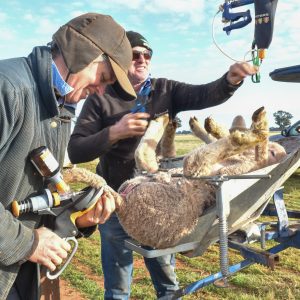
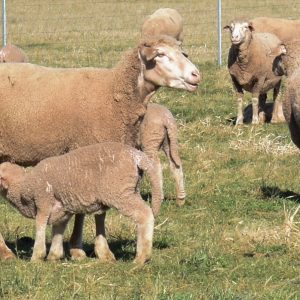
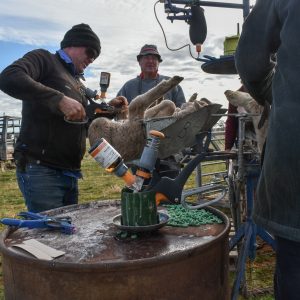
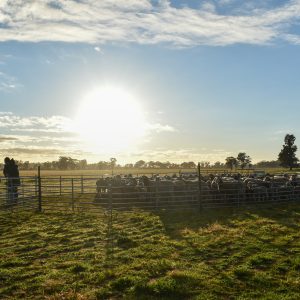
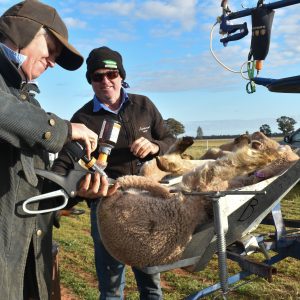
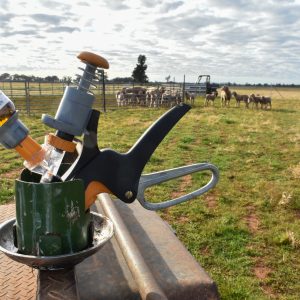
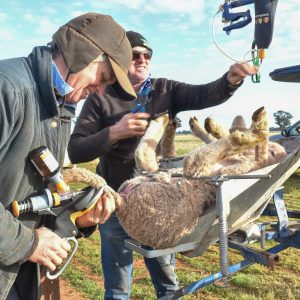
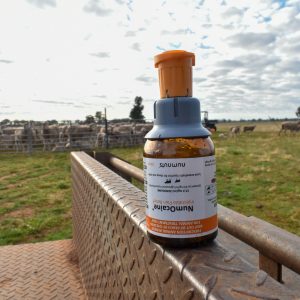
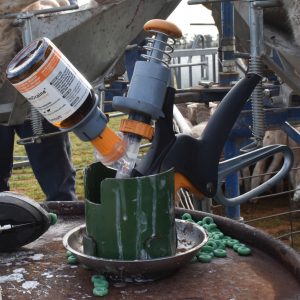
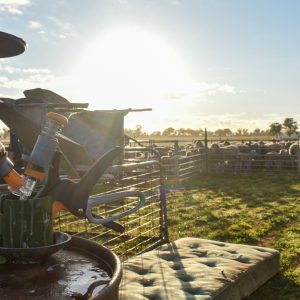
"I see that they [Numnuts] can only grow because they currently are relatively minuscule portion of the market. But they will continue to grow because they must, because people will need to show they are producing animals conscientiously and ethically with welfare standards in mind. So, the potential for them to grow is quite tremendous. They need to be so that we are able to fly our flag as Australian food and fibre producers very proudly and declare that we do everything to ensure the best animal production standards in the world."
Jodie Green
Owner
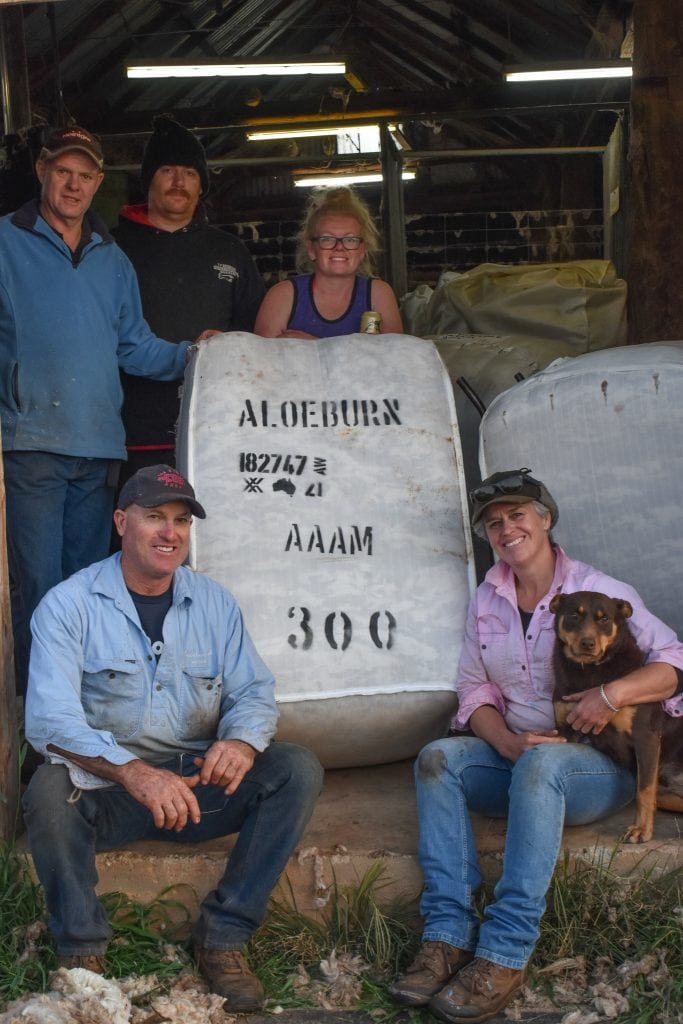
Over the past few years, Australian Merino wool has grasped the attention of international markets such as Europe and China, and for good reason. Australia’s superior welfare standards and high quality wool products have set them apart from other global wool producers.
Jodie Green explains that modern wool consumers are now becoming more aware of where their food and fibre is coming from and what is involved in producing it. Consumers now want to see the history of their wool products: they want to know where that wool has come from and know the animals have been given the highest level of welfare possible. Being able to provide consumers with ethical wool products, such as those produced under The Responsible Wool Standard (RWS), continues to help the market and improves the representation and image of the sheep industry.
RWS ensures that those signed up for the scheme, such as Aloeburn, are producing high quality, sustainable, and ethically sourced wool. In return, producers are eligible for higher premiums at the wool market. Standards kept by the RWS apply to the entire supply chain from farmer to the retailer’s door. This is very important to modern consumers coming from international markets. For more information about how Numnuts fits into the RWS read our new post on the subject, called Responsible Wool Standard And How Numnuts can Help.
“It [welfare] is a cost that needs to be met to ensure that we are producing animals with high welfare standards. We choose to do that, so it is a cost that we are prepared to incorporate into our lamb marking process”
Jodie Green
Owner
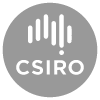
Validated by CSIRO

Developed in collaboration with Meat & Livestock Australia Limited ABN 39 081 678

Developed with funding from the AWI
Dechra Veterinary Products (Australia) Pty Ltd
2 Cal Close
Somersby NSW 2250
Australia
ACN: 614 716 700
ABN: 58 614 716 700
Tel: +61 2 4372 1661
E: [email protected]
W: www.dechra.com.au
Register My Interest and Become Eligible to Distribute NumOcaine